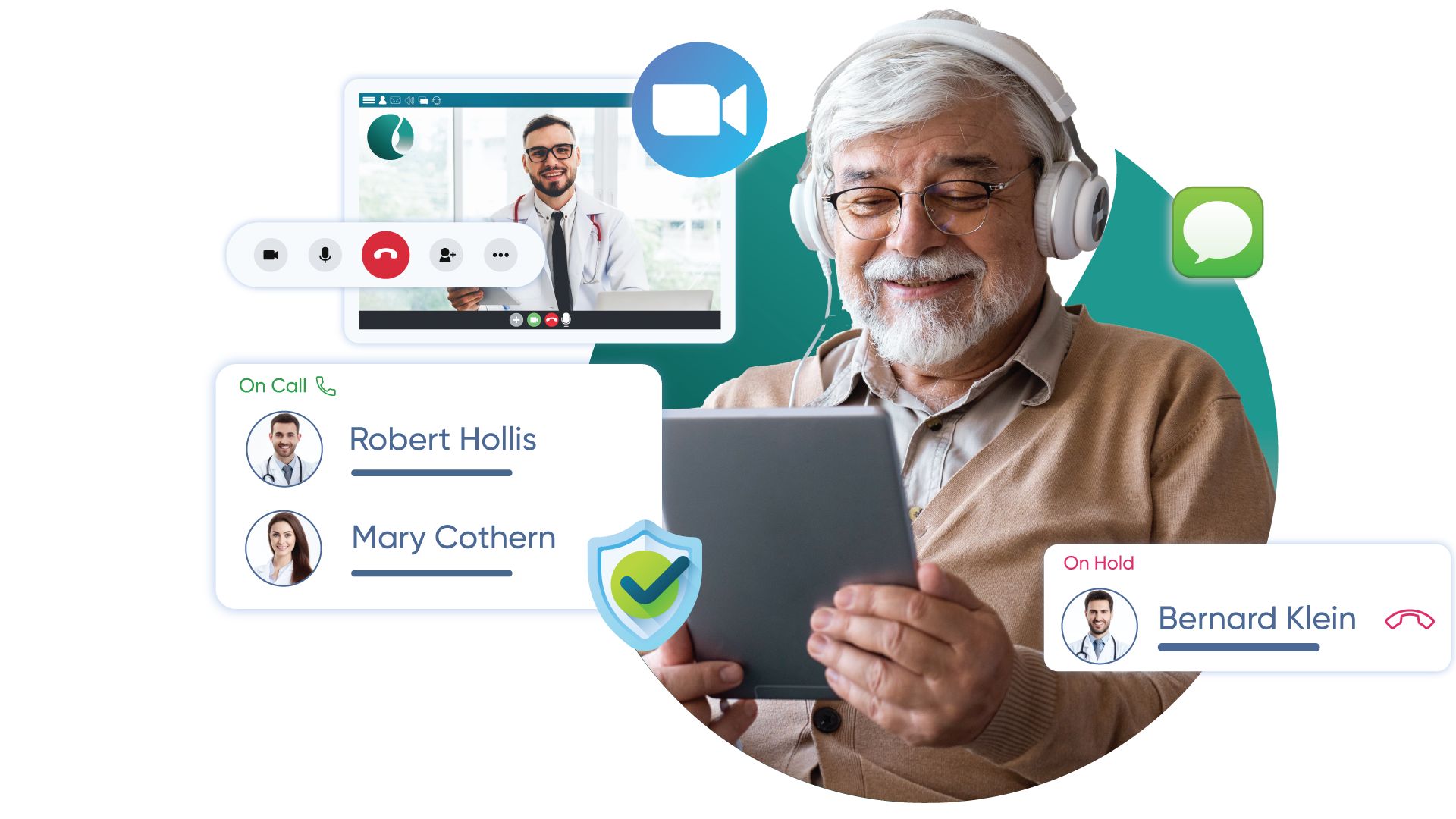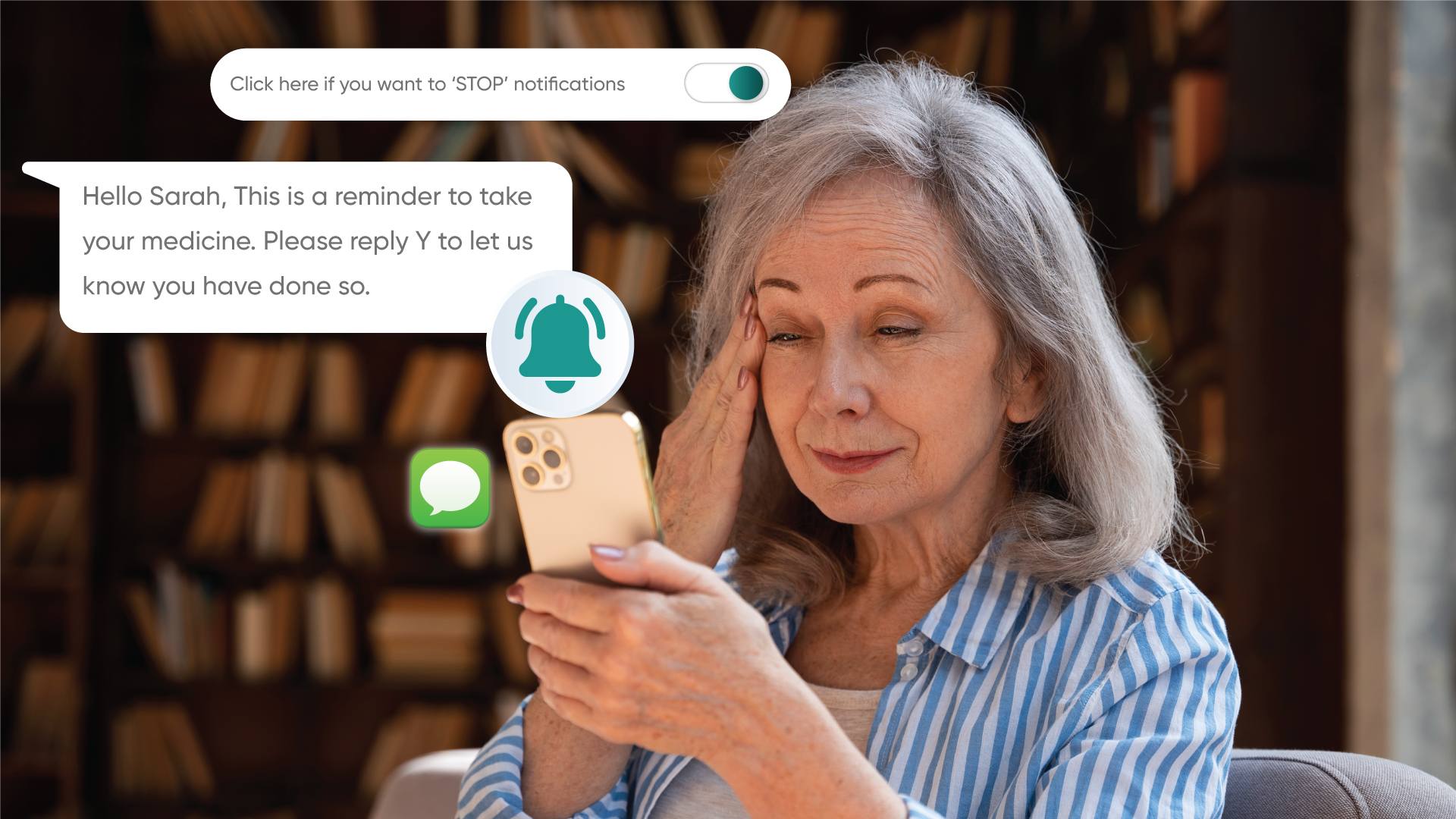Client Background
The client is a prominent healthcare provider based in Hawaii. With the help of medical professionals, the client manages several hospitals. Over the past eight years, the client has served a diverse patient population and gained popularity in the region for enhanced care delivery and achieving expected patient health outcomes.
Business challenges
Over time, while managing patients, the client has experienced several business challenges that have affected patient health outcomes and the efficiency of their practice. Some of the challenges faced by the client are:
1. Inadequate communication facilities
Chronic care management requires a prolonged duration, and keeping patients engaged and adhering to their treatment plans was becoming difficult for the client. Due to improper and inadequate communication facilities, care providers and patients were able to effectively discuss health and treatment activities. This lack of communication affected patient confidence and health outcomes.
2. Administrative Load
High administrative workloads, such as manual patient registration, maintaining paper-based medical notes, time tracking, and billing, consume a significant amount of time for care providers and lead to errors. This excessive time spent on manual activities reduces the consultation time available for patients, negatively affecting patient health outcomes.
3. Lack of patient treatment adherence
The prolonged duration of treatment often leads to patient non-adherence to routine activities such as taking medications as scheduled, following diet and exercise routines, and maintaining regular sleep patterns. This lack of patient participation in the treatment plan was a significant challenge for the client.
4. Patient education challenges
Due to inadequate communication facilities, the client finds it difficult to educate patients about their chronic conditions and guide them on the benefits of treatment adherence. This lack of patient empowerment has affected patient confidence, satisfaction, and health outcomes.
Solution
To overcome the gaps in the chronic care management of patients, the client approached Medarch Inc. for eCareMD software, which facilitates effective care coordination and streamlines the practice workflow.
Our team has implemented the eCareMD software into the client’s practice after understanding the client’s requirements through multiple telephonic conversations.
After the implementation of the eCareMD software in practice, the client experienced enhanced delivery of patient care and improved health outcomes.
Solution Highlights
The eCareMD software consists of various cutting-edge technological features that facilitate smoother practice operations and enhanced quality of care delivery.
1. Telecommunication capabilities

The eCareMD software includes secure voice/video calls, text messaging, and real-time chat features to address patient-provider communication challenges. These communication capabilities enable care providers to communicate with patients anytime to discuss health concerns and perform treatment activities. This enhanced communication has increased patient confidence and engagement with the treatment plan and practice staff.
2. Automated administrative activities
The eCareMD software has increased the efficiency of the practice and care providers with features such as bulk patient creation via CSV file upload, electronic care plan assignment, note maintenance, automated time tracking, and billing functionality. These automated features have significantly reduced the time care providers spend on manual activities.
3. Customizable reminders

Increasing patient treatment adherence plays a crucial part in delivering enhanced quality care to patients. The eCareMD software allows care providers to configure the reminder time, frequency, and medium of notification (SMS, Email, Push Notification), etc. These reminders notify patients to complete the activity like the consumption of medication, exercise, etc. It helped in increasing patient treatment adherence ultimately resulting in improved patient health outcomes.
4. Patient empowerment
Keeping patients empowered plays an important role in obtaining the expected patient health outcomes. It enables care providers to assign educational material to the patients that guides them about their chronic conditions and the benefits of adhering to the treatment plans and diet and sleep recommendations to be followed.It results in increasing awareness of patients.
Value Delivered
1. Enhanced Patient-Provider Communication
The telecommunication capabilities of eCareMD, including secure voice/video calls, text messaging, and real-time chat, allow care providers to communicate with patients anytime. This has significantly increased patient confidence and engagement with treatment plans and practice staff, improving overall patient satisfaction and health outcomes.
2. Increased Efficiency Through Automation
eCareMD’s automated administrative features, such as bulk patient creation via CSV file upload, electronic care plan assignment, note maintenance, automated time tracking, and billing functionality, have dramatically reduced the time care providers spend on manual tasks. This increased efficiency allows providers to dedicate more time to patient care.
3. Improved Patient Treatment Adherence
The customizable reminder system in eCareMD, which allows care providers to set reminder times, frequencies, and notification methods (SMS, Email, Push Notification), helps ensure patients adhere to their treatment plans. These reminders for activities like medication consumption and exercise have led to improved patient adherence and better health outcomes.

